TL;DR
- AI-powered teaching assistants deliver personalized, interactive, and 24/7 learning experiences beyond traditional e-learning.
- Key features include adaptive learning paths, instant Q&A support, progress tracking, and advanced options like gamification, AR/VR, and dashboards.
- Development costs vary: $30K–$50K for basic apps, $50K–$80K for mid-level, and $80K+ for advanced platforms.
- Building an MVP first helps validate demand and control costs before scaling.
- Creole Studios helps institutions and startups design, build, and scale secure, compliant AI education apps like CurioMind
Introduction
Education is changing faster than ever, and today’s learners expect much more than static e-learning modules. They seek interactive, personalized, and on-demand experiences that adapt to their pace and style. This is where AI-powered teaching assistants come into play intelligent apps designed to guide learners, solve doubts instantly, and adjust to individual learning needs.
A prime example is CurioMinds, an AI-powered platform developed by Creole Studios, which delivers personalized tutoring and real-time support for students. And the potential doesn’t stop there; these solutions can be enhanced with gamification, voice-based tutoring, or even immersive AR/VR experiences.
In this guide, we’ll cover why AI-powered teaching assistants matter, how they function, the must-have and advanced features, the expected development costs, and how Creole Studios as a leading mobile app development company can help you bring your education vision to life.
Why AI-Powered Teaching Assistants Matter Today
Digital learning is quickly becoming the standard. Schools, universities, and enterprises increasingly rely on technology to supplement or even replace traditional teaching methods. To truly unlock its potential, institutions need well-designed applications built with scalability and engagement in mind. Our comprehensive guide to mobile app development highlights how the right approach can overcome the limitations of static, one-size-fits-all e-learning tools.
Traditional e-learning challenges
- Generic content: Every student gets the same material, regardless of learning speed or style.
- Limited interaction: Most platforms focus on delivering content, not engaging students.
- Teacher overload: Educators still spend significant time answering repetitive questions.
How AI-powered assistants change the equation
- Personalized experiences: AI analyzes student progress and recommends tailored lessons.
- 24/7 availability: Students get instant answers, anytime, reducing dependency on teacher availability.
- Engagement boost: Conversational tutoring feels closer to human interaction, making learning more enjoyable.
- Teacher support: AI handles repetitive queries, freeing teachers to focus on complex, high-value tasks.
👉 The result: better learning outcomes, higher engagement, and scalable education solutions that work across schools, universities, and corporate training programs.
Want to know AI-powered app development costs?
Here are complete cost breakdowns of some popular AI and smart technology applications:
What Powers AI-Powered Teaching Assistants
Behind the scenes, these apps combine advanced AI technologies with user-centric design.
- Natural Language Processing (NLP): Helps the app understand and respond to student questions in natural language.
- Machine Learning Models: Continuously adapt to each learner’s pace, strengths, and weaknesses.
- Speech-to-Text & Text-to-Speech: Enable voice-based tutoring for hands-free interaction.
- Recommendation Engines: Suggest resources, quizzes, or next steps based on progress.
- Analytics Dashboards: Provide teachers and administrators with data-driven insights on learner performance.
CurioMinds as an example
Demonstrates how conversational AI can support students in real time, providing contextual explanations and adaptive learning paths. By extending such a foundation with more advanced features like gamification or AR-based lessons, these platforms can evolve into comprehensive teaching ecosystems.
Getting Started with Your First Teaching Assistant App
Building an AI teaching assistant may sound like a massive undertaking, but the process is manageable when broken down into steps:
- Define your learners: Are you targeting K–12 students, university learners, or corporate trainees? Each group has different needs.
- Map learning workflows: Identify core use cases: doubt solving, lesson delivery, assessment, or progress tracking.
- Choose delivery platforms: Decide whether you want mobile-first (iOS/Android), web-first, or a hybrid approach.
- Build an MVP: Start with essential features like Q&A tutoring and progress tracking to test with a pilot group.
- Iterate and scale: Based on feedback, expand with advanced features like gamification, dashboards, or AR/VR integration.
👉 Example: An MVP may begin with a chat-based Q&A tutor, and then evolve into a full-fledged platform with AI-driven analytics and teacher dashboards.
Key Features of AI-Powered Teaching Assistants
To be effective, AI-powered teaching assistants must balance simplicity for students with robust tools for teachers and institutions. Based on CurioMinds’ foundation and broader industry trends, here’s a blended list of core and advanced features.
Core Features (Inspired by CurioMinds)
- Personalized Learning Paths: Adaptive modules that adjust to each student’s progress and comprehension.
- AI Q&A Assistant: Instant, context-aware doubt solving that mimics a personal tutor.
- Interactive Tutoring: Conversational explanations rather than static notes, making learning more engaging.
- Progress Tracking: Clear metrics showing students how they’re improving over time.
Potential Enhancements
- Voice-Based Tutoring: Hands-free learning for younger learners or those who prefer listening over reading.
- Gamification Elements: Badges, leaderboards, and points to motivate learners and encourage consistent engagement.
- AR/VR Integration: Immersive experiences for subjects like science or history (e.g., exploring the solar system in 3D).
- Teacher Dashboards: Aggregated class performance data, helping teachers identify weak areas at a glance.
- Plagiarism Detection: Ensuring originality in assignments and projects.
- Multilingual Support: Expanding reach to global audiences by supporting multiple languages.
👉 When combined, these features transform a teaching assistant app into a holistic learning platform, one that engages students, empowers teachers, and delivers measurable outcomes.
AI-Powered Teaching Assistants App Development Cost: What to Expect
The cost of building an AI-powered teaching assistant depends on scope, features, and complexity. Partnering with an experienced education app development company can help you navigate these factors effectively and ensure the right balance between functionality, scalability, and compliance. Key considerations include:
- Feature Set: Core tutoring vs advanced features like AR/VR or multilingual support.
- Platforms: Mobile-only apps cost less than cross-platform or hybrid solutions.
- AI Models & Integrations: The complexity of NLP, recommendation systems, or speech tech impacts cost.
- Compliance: Education apps often require data privacy compliance (FERPA in the U.S., GDPR in Europe).
High-Level Estimates
- Basic apps (Q&A assistant + progress tracking): $30K–$50K
- Mid-level apps (personalization + gamification + dashboards): $50K–$80K
- Advanced platforms (voice, AR/VR, AI analytics, multi-role support): $80K+
👉 These estimates are directional. Actual costs vary based on timelines, integrations, and scale of deployment. For a more accurate projection tailored to your idea, try our interactive app development cost calculator.
How Creole Studios Helps Build AI-Powered Teaching Assistants
Frameworks like CurioMinds showcase the potential, but success depends on customizing the solution for your learners and institutions. That’s where Creole Studios adds value.
Here’s what we bring to the table:
- Expertise in AI/ML: From NLP to recommendation systems, we build intelligent and adaptive solutions.
- Educational UX Design: Interfaces designed for simplicity and engagement across student age groups.
- Scalable Development: MVP-first approach with room for advanced features like gamification and AR/VR.
- Secure & Compliant Systems: Adhering to FERPA, GDPR, and other data privacy standards.
- Integration Capabilities: Linking with existing LMS platforms, third-party APIs, or learning content systems.
👉 If you’re considering an AI-powered teaching assistant, Creole Studios can help you design, build, and refine a solution that meets your unique vision.
Conclusion
AI-powered teaching assistants are revolutionizing education by making learning more personalized, interactive, and scalable. They don’t just replicate teaching, they augment it, supporting students and teachers alike.
With examples like CurioMinds leading the way, the potential for enhanced learning experiences is clear. By combining the right features, compliance standards, and technology stack, these apps can unlock immense value for schools, universities, and enterprises.
At Creole Studios, we specialize in building AI-powered education solutions tailored to your needs. As a trusted education app development company, we help institutions and businesses design, build, and scale intelligent learning platforms. Whether you’re starting with an MVP or aiming for a fully advanced solution, we can turn your vision into reality.
Book a free 30-minute consultation with our team and explore how we can turn your idea into a practical, impactful solution.
FAQs
1. What is an AI-powered teaching assistant app?
It’s a digital platform that uses artificial intelligence to help students learn more effectively. These apps can answer questions, recommend learning paths, and track progress, acting as a personalized tutor that’s available 24/7.
2. How are these apps different from traditional e-learning tools?
Unlike static platforms, AI-powered assistants adapt to the learner’s pace and style. For example, if a student struggles with algebra, the app can provide extra explanations, quizzes, or even real-time tutoring until the concept is mastered.
3. What features are most important in such apps?
Must-have features include AI-driven Q&A support, personalized learning paths, progress tracking, and interactive tutoring. Advanced platforms may also include gamification, teacher dashboards, or AR/VR experiences to enrich engagement.
4. Who benefits from AI-powered teaching assistants?
Students benefit from personalized support, teachers save time by offloading repetitive questions, and institutions gain data-driven insights to improve curriculum design. Corporate training providers can also use them for skill development.
5. How long does it take to build one?
A basic MVP can take 10–14 weeks, while a mid-level solution with dashboards and gamification may take 4–6 months. Advanced apps with AR/VR or multilingual capabilities may require 6–9 months of development.
6. How much does development cost?
High-level estimates range from $30K–$50K for basic apps, $50K–$80K for mid-level, and $80K+ for advanced platforms. Exact costs depend on features, integrations, and compliance requirements.
7. Can these apps integrate with existing LMS platforms?
Yes. They can connect with widely used systems like Moodle, Blackboard, or custom LMS platforms. This ensures institutions don’t need to start from scratch but can enhance existing infrastructure.
8. Are they secure and compliant with education data regulations?
Absolutely. With proper implementation, these apps comply with FERPA, GDPR, and other standards. They use encryption, secure APIs, and access controls to protect sensitive student information.
9. What technologies power these assistants?
They rely on NLP for conversation, ML models for personalization, speech tech for voice interaction, and cloud infrastructure for scalability. Advanced features may also use AR/VR and gamification frameworks.
10. How does Creole Studios support clients in building them?
We provide end-to-end support: from identifying use cases and designing senior-friendly or student-friendly UX, to building scalable apps, ensuring compliance, and adding advanced features. Our experience with projects like CurioMinds ensures we understand the challenges and deliver solutions that work in real-world education.
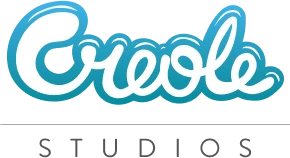

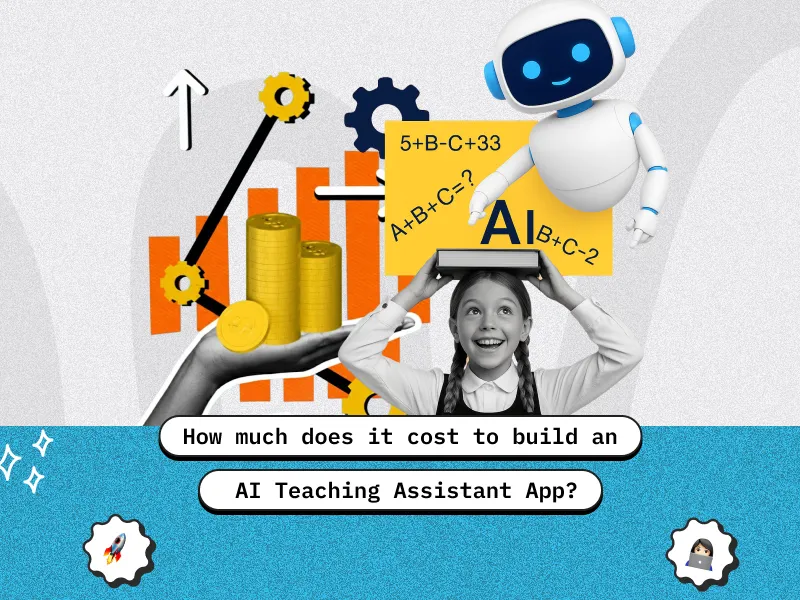








 30 mins free Consulting
30 mins free Consulting 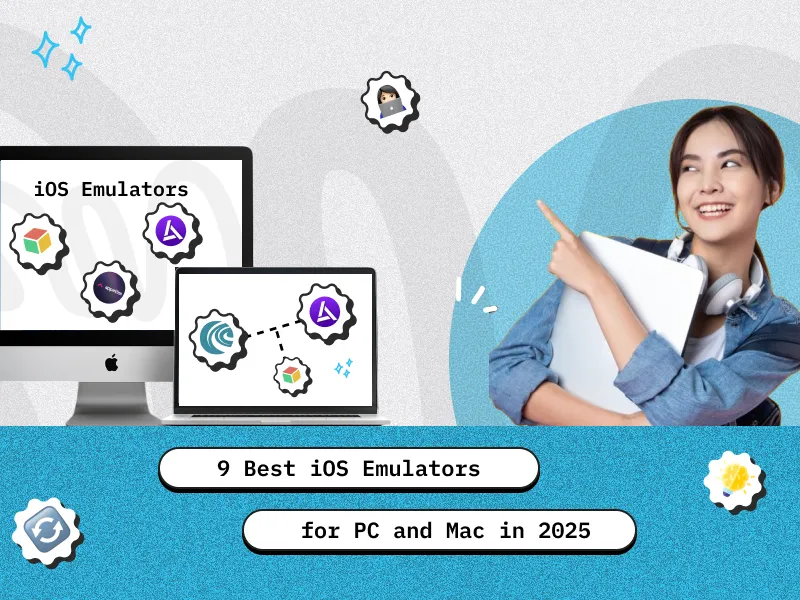
 12 min read
12 min read 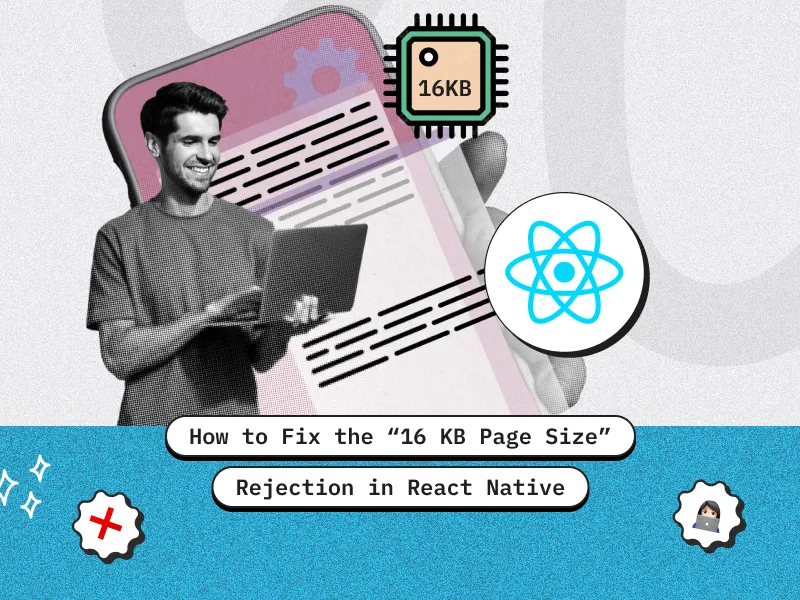
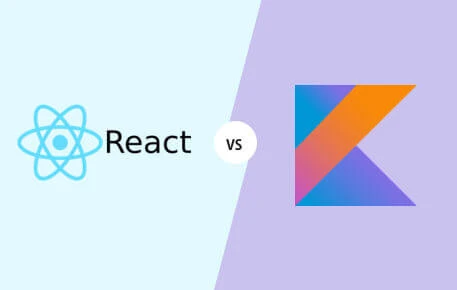
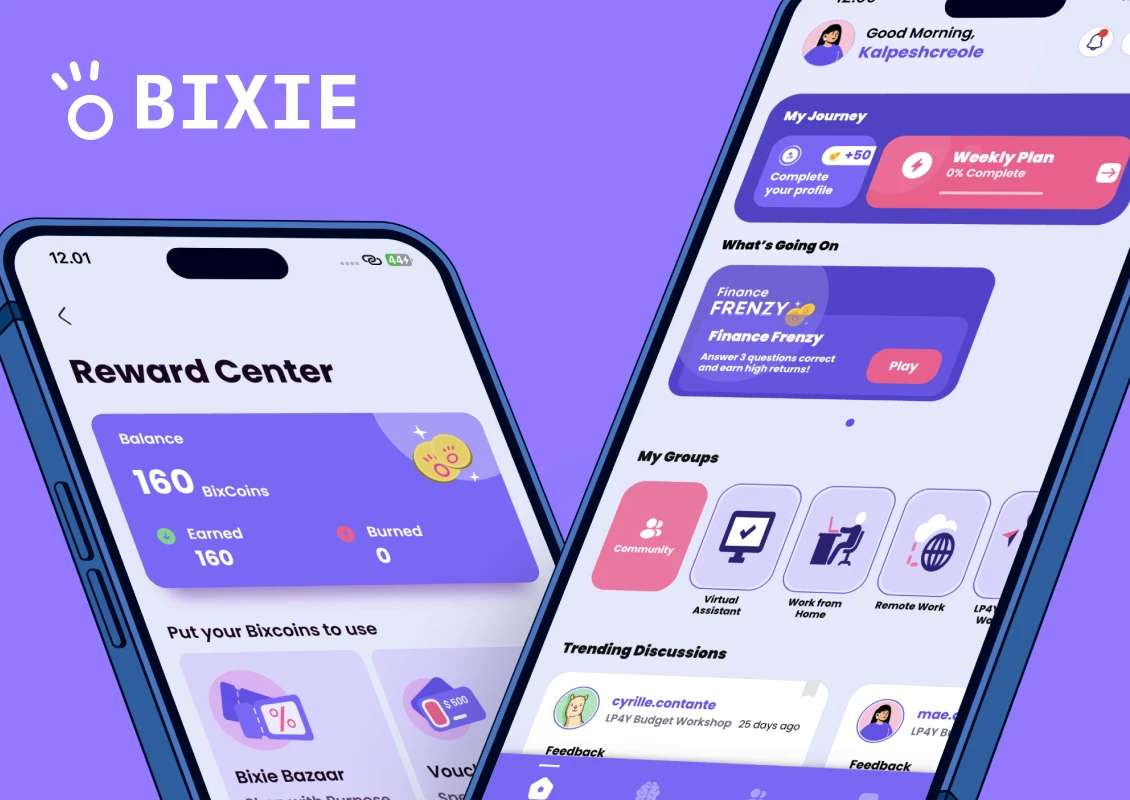
 Singapore
Singapore 
 USA
USA 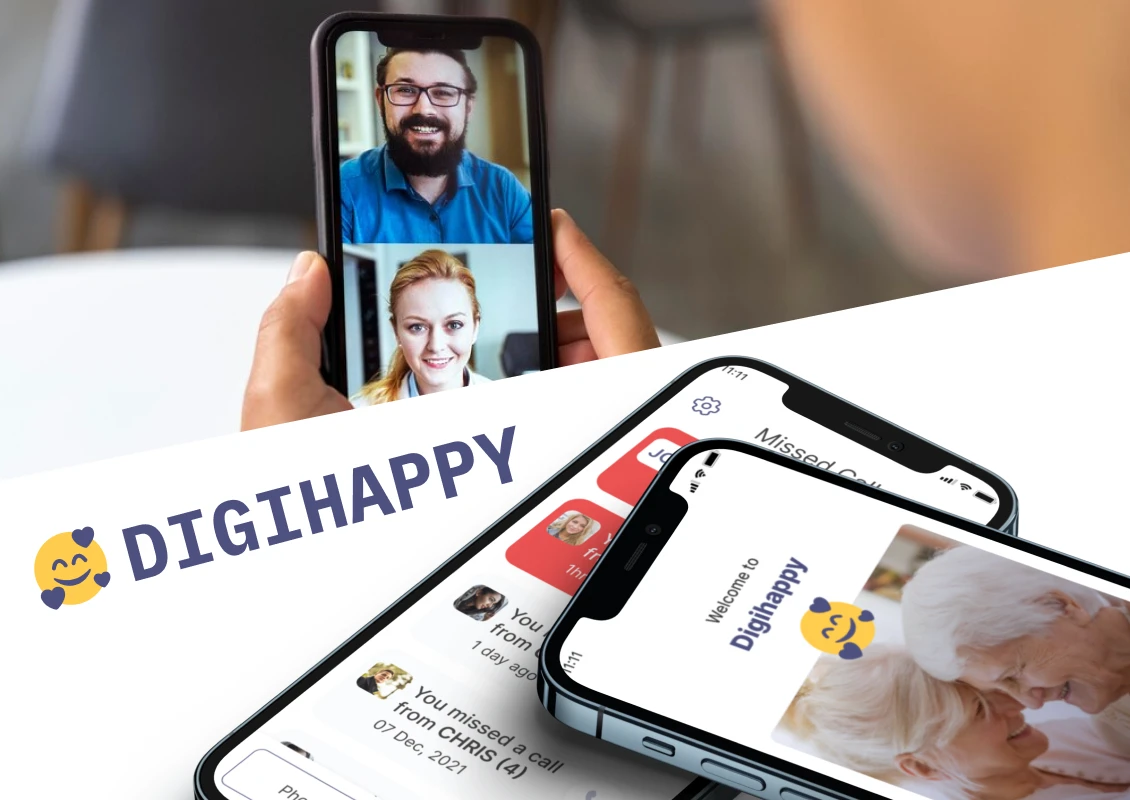
 Finland
Finland 





 Love we get from the world
Love we get from the world 